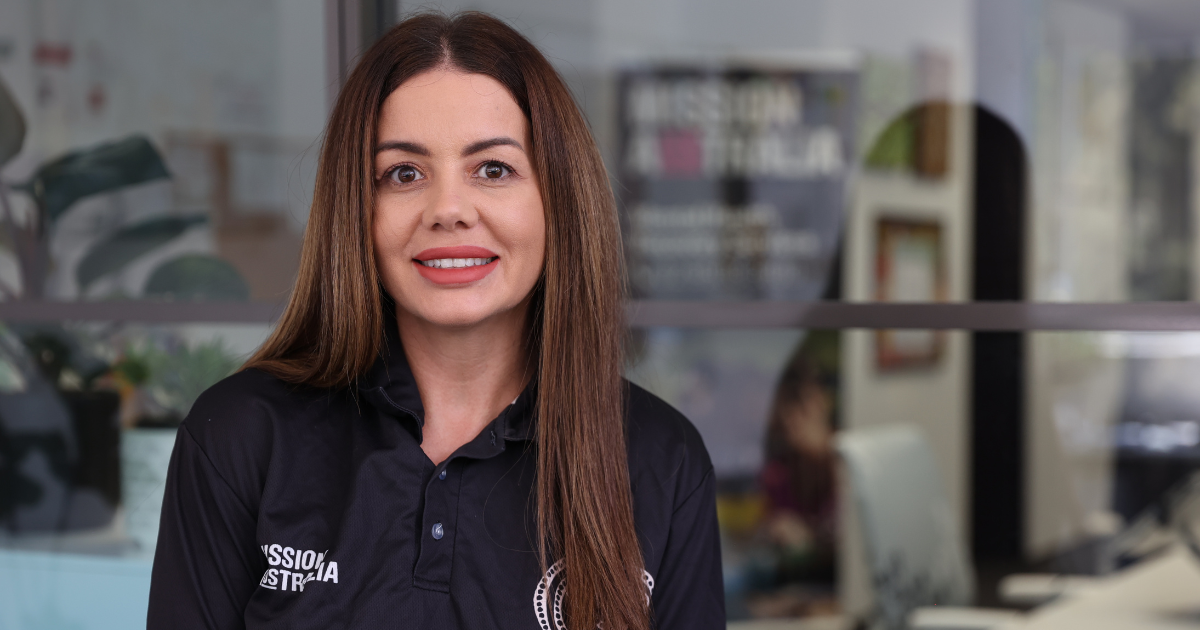What happens when home is no longer a safe place to be?
Laura escaped an abusive home with her son
Domestic and family violence is the leading cause of homelessness in Australia.
Choosing between homelessness or an unsafe and violent home is a choice that no parent should have to make.
Every hour, 3000 Australians desperately seek help from homelessness services like Mission Australia1. Families like single mum Laura and her son Ollie, were forced to sleep in their car after fleeing her violent partner.
Laura's story: Reclaiming life, one day at a time
It’s difficult to imagine how unbearable life would have to become for someone to see homelessness as a safer option than remaining at home. This was the position 30-year-old Laura and her five-year-old son Ollie found themselves in after another drunken rage by Laura’s partner. Laura and Ollie had actually fled a number of times before, but each time turned back. Laura felt sorry for her partner and didn’t want to break up her family. She also had no idea where they could go. But this time was different. her partner was more out of control than usual, and Laura feared for Ollie and her own safety. In that moment, she made the brave decision to leave.
I just needed to get us out, anywhere is better than a violent home.
This time, however, Laura had a plan. She’d been meeting secretly with a domestic violence specialist from Mission Australia, and together they’d developed a safety plan if they were ever in danger again. Laura and Ollie jumped in the car and took off. Laura met with her Mission Australia case worker Anna the following day, who arranged for them to stay in a safe house out of town.
After years of year, they could finally breathe
During their time at the safe house, Anna helped them apply for and secure safe housing. Mission Australia helped them move in and supplied furniture and other items they needed to get started in their new home.
Laura recently started a new job, and Ollies has settled in at school. Laura knows they owe their newfound safety and independence to the generosity of people like you.
Every Australian deserves a safe place to call home
Domestic and family violence is one of the most common reasons why people experience homelessness. Without the right support, people often have nowhere else to go, increasing their risk of further exploitation and recurring abuse. Sadly, in 2022-23, around 104,000 people who received support from a specialist homelessness service also experienced domestic and family violence.1
Help end homelessness in Australia
With your donation, families fleeing violence can access the urgent support they need to find a safe home and thrive.
Know someone affected by domestic and family violence?
If you are experiencing abuse or violence it is not your fault. There are support services that can help you. If your life is in danger, call 000. For 24/7 domestic violence counselling call the National Sexual Assault, Family & Domestic Violence Counselling Line on 1800 RESPECT (1800 737 732).
Where to get help
Acknowledging that one of your relationships may be unhealthy or potentially harmful can be overwhelming to cope on your own. It can also be difficult to see the bigger context when trying to look at a relationship outside of our own lens. Whether it’s a relationship you need help navigating, a behaviour you want to change or advice to support a loved one involved in an unhealthy relationship, reach out to:
- If your life is in danger, contact emergency services on 000 immediately.
- Lifeline —13 11 14 or chat online.
- MensLine Australia —1300 78 99 78.
- Relationships Australia — 1300 364 277.
Names and Images have been changed to protect the identities of the people we helped 1 AIHW (2023) Specialist homelessness services annual report 2022-23
Related news and stories
Read about what we’ve been working on, our stance on important social issues and how you make a difference to vulnerable Australians' lives.
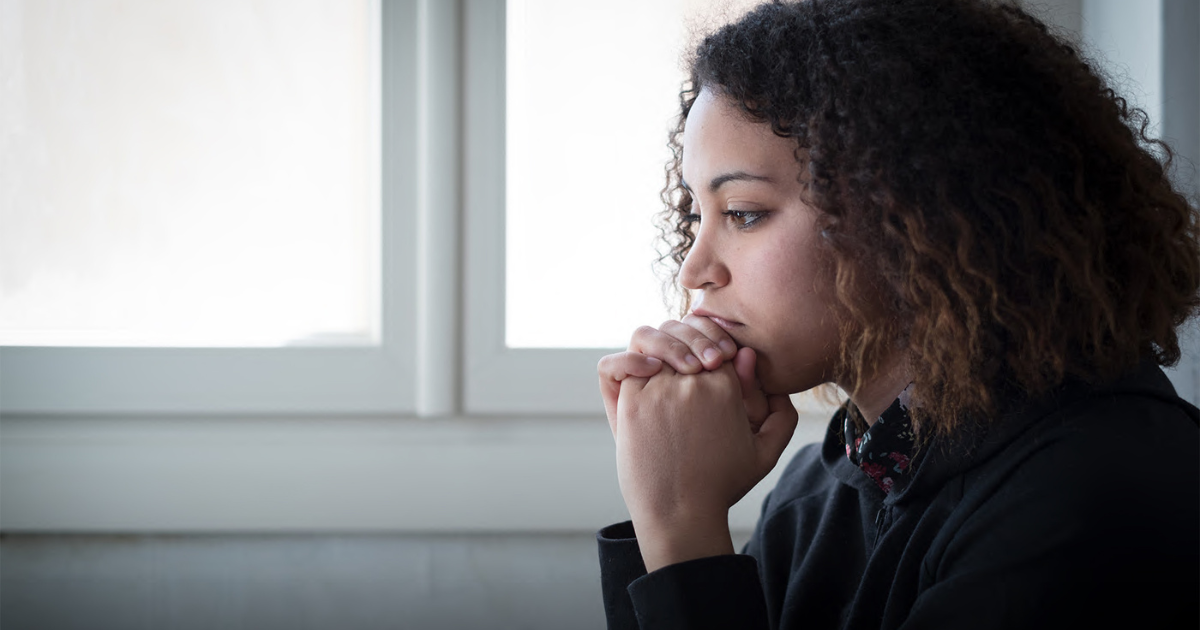
Three priorities at the 2025 Federal Election
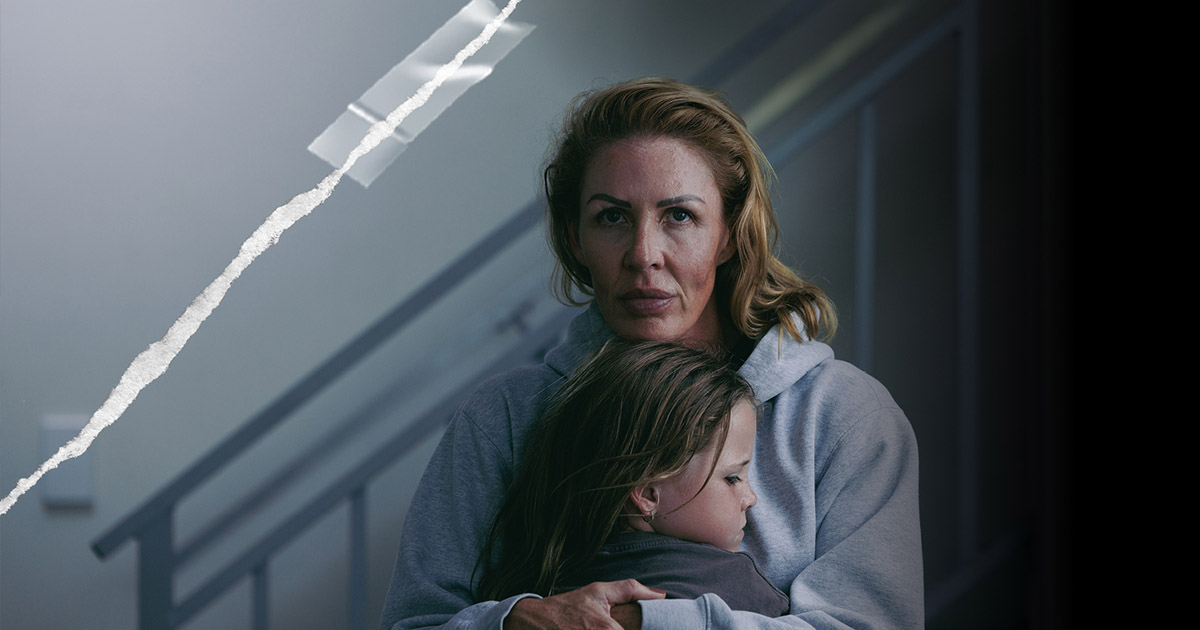
From fear to freedom: Cass’ story

Women helping women: Karla’s story
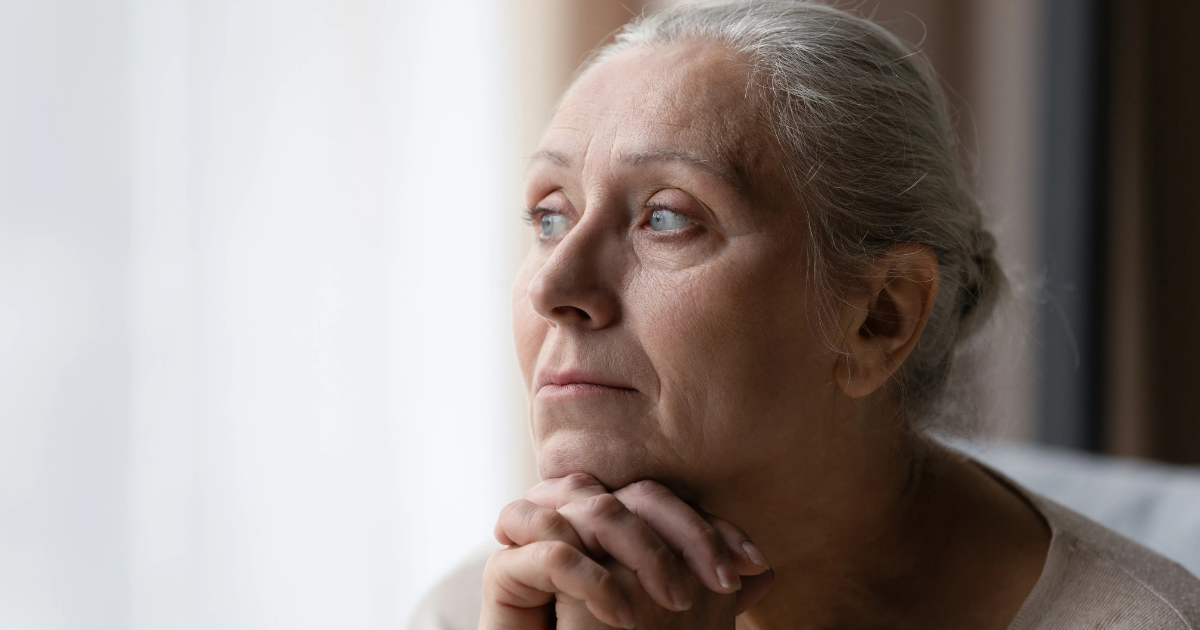
Helping older women find safe homes
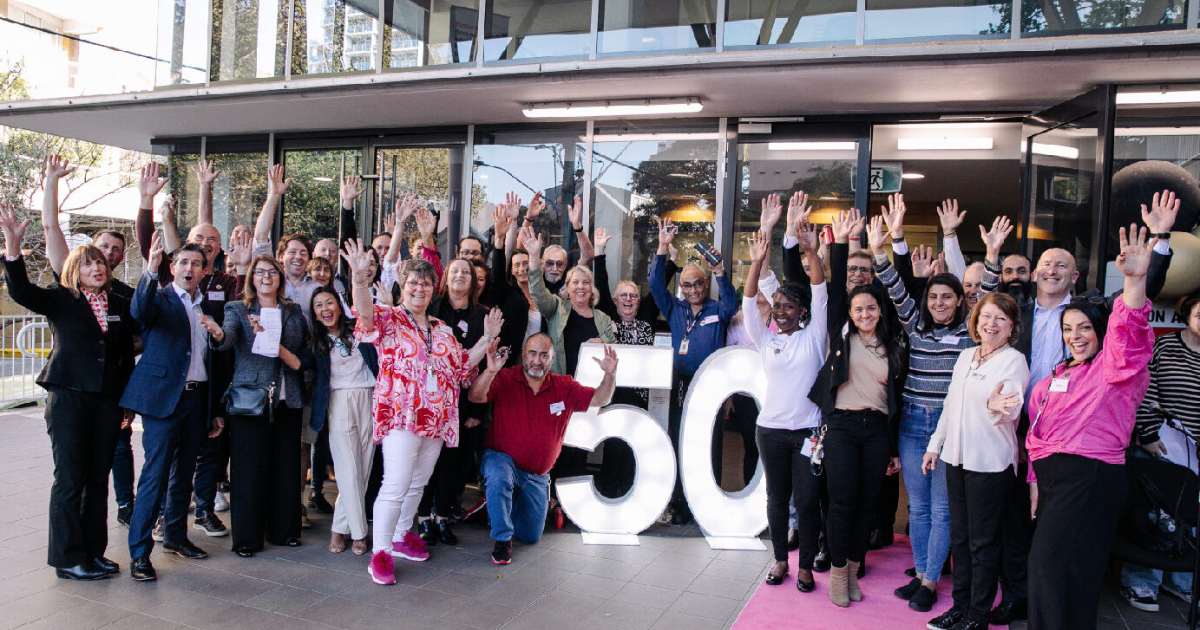
Celebrating 50 years of helping people in Surry Hills
